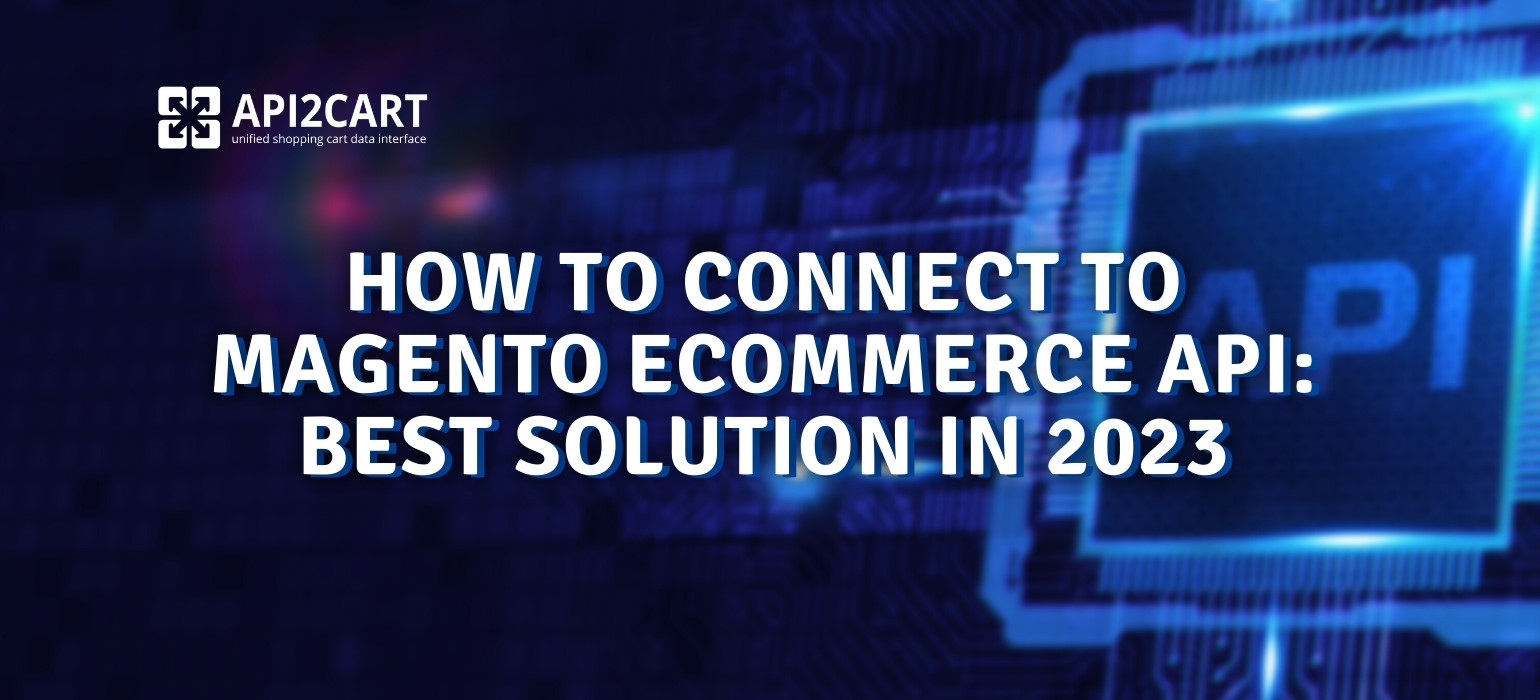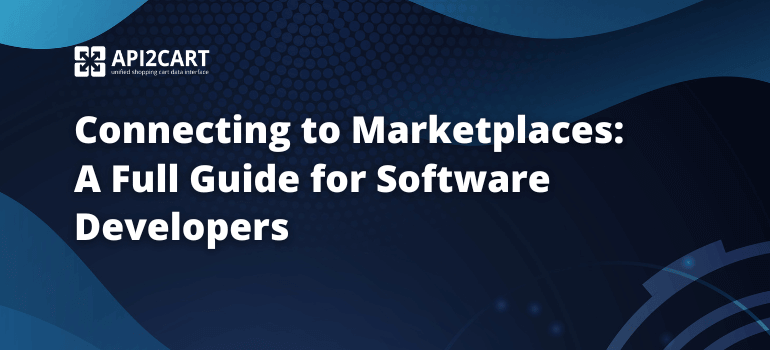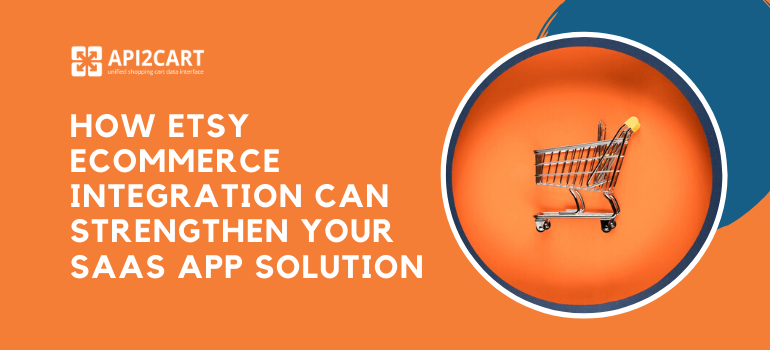
For an ecommerce software developer, combining several shopping venues at once is vital. Magento is also one among many other eCommerce platforms, and therefore, it should feature in your list of supported platforms as well. Developers can integrate third-party apps using the Magento ecommerce API and further extend their capabilities to a greater degree by adding more functions or features to their applications.
The popular Magento has several B2B SaaS systems ready to link to it, including order management, shipping administration, chatbots, and PIM software. This shopping cart controls more than 26 percent of online stores, and increasing numbers of merchants use it.
Hence, numerous eCommerce platforms like Magento have their specific data storage model. In some cases, integrating Magento’s API call for retrieving crucial store information like orders can be intricate.
Know how to work with Magento eCommerce API to get orders and record data conveniently. However, firstly, we will consider platform and integration complications.
How to Use Magento API?
One must be very clear in understanding what an eCommerce API is about. External apps use an eCommerce API to gain access to databases of the eCommerce platform, which contain customer info, product catalog, and history of orders. API integration in eCommerce entails linking different software solutions or apps with multiple shopping platforms for seamless data transfer and communication processes. The process of integrating data from different solutions for easy management by software developers using their systems.
eCommerce software is incomplete without integrating it with Magento. It helps in managing data online stores that are based on the Magento platform, including orders, products/services, customers, etc.
Magento APIs are essential. They are used by systems in order to facilitate communication, simplify business processes, and create better experiences for users. However, businesses need to take advantage of Magento APIs to stand out from their competitors in eCommerce.
The Magento API, which utilizes two communication protocols, SOAP and XML, supports the four HTTP methods of GET, POST, PUT, and DELETE.
Challenges Of Magento API Integration
Indeed, integrating eCommerce software with Magento or any other eCommerce platform is difficult and annoying. Understanding the complexities of such sites requires enormous amounts of time and knowledge. Some fundamental reasons that make integrating with Magento a big task are listed below.
Integration can be very expensive. Moreover, you will come across many problems with the integration of Magento and ecommerce software because of technical reasons. Some of these are problems that might be faced while submitting data onto the Magento platform, correct API technical details, or mistakes during the indexing process. Besides, every integration brings new costs that should be taken into account after its deployment, like updates and maintenance work.
If you have to integrate your ecommerce software into Magento, you need to keep in mind that this does not come easy. Time and patience are needed in order to get everything functioning properly at startup. Do not underestimate the timeframe, though, as this might stretch to eight weeks, depending on whether you are doing it by yourself. Thus, most businesses have experts in place who ensure that everything goes according to plan at the initial setup stage.
However, comprehending the technical aspects of such an online selling platform will take a lot of time. The database model for Magento is based on the EAV model, which has more than forty product and category tables. The complex model also tends to be slow because of the complexity of their SQL queries.
It is technically demanding to connect to the Magento platform. Using an existing integration solution such as API2Cart will also help simplify the process. With this provision, you will be able to combine with a number of eCommerce systems, such as Magento, simultaneously.
How To Integrate Magento eCommerce API Ease
A unified API offered by API2cart will serve as the most convenient approach to Magento eCommerce API integration, with over 40 shopping platforms and marketplaces, including Magento, Etsy, Shopify, BigCommerce, WooCommerce, and Amazon, along with many other supported systems.
API2Cart consists of a set of API functions that make it easier for eCommerce software providers to manage their products, orders, prices, shipments, clients, and all the other details in Magento or in any other e-commerce platform.
Using API2Cart allows you to avoid costly customization and integration, thereby saving time. It takes a couple of hours for developers to integrate with the API rather than several weeks or months to write their custom integration code. They ensure that developers can concentrate on developing their custom e-commerce application with such an approach.
The users enjoy more functionalities that are offered by API2Cart. This allows developers to find different kinds of data from e-stores, like product catalogs, customer info, and order history, even if they are accessible through numerous devices. The businesses get a wider view of what they can actually see in order to help them arrive at the best solutions and choices.
It also has powerful supporting infrastructure like 24/7 technical support.
Businesses can also access features through Magenta eCommerce API via API2Cart. The process is faster, more secure, and has better functionalities. A single API that enables companies to quickly and seamlessly access many ecommerce marketplaces.
Get started with your 30-day free trial and witness how easy it can be to link up with renowned ecommerce stores around the world.



